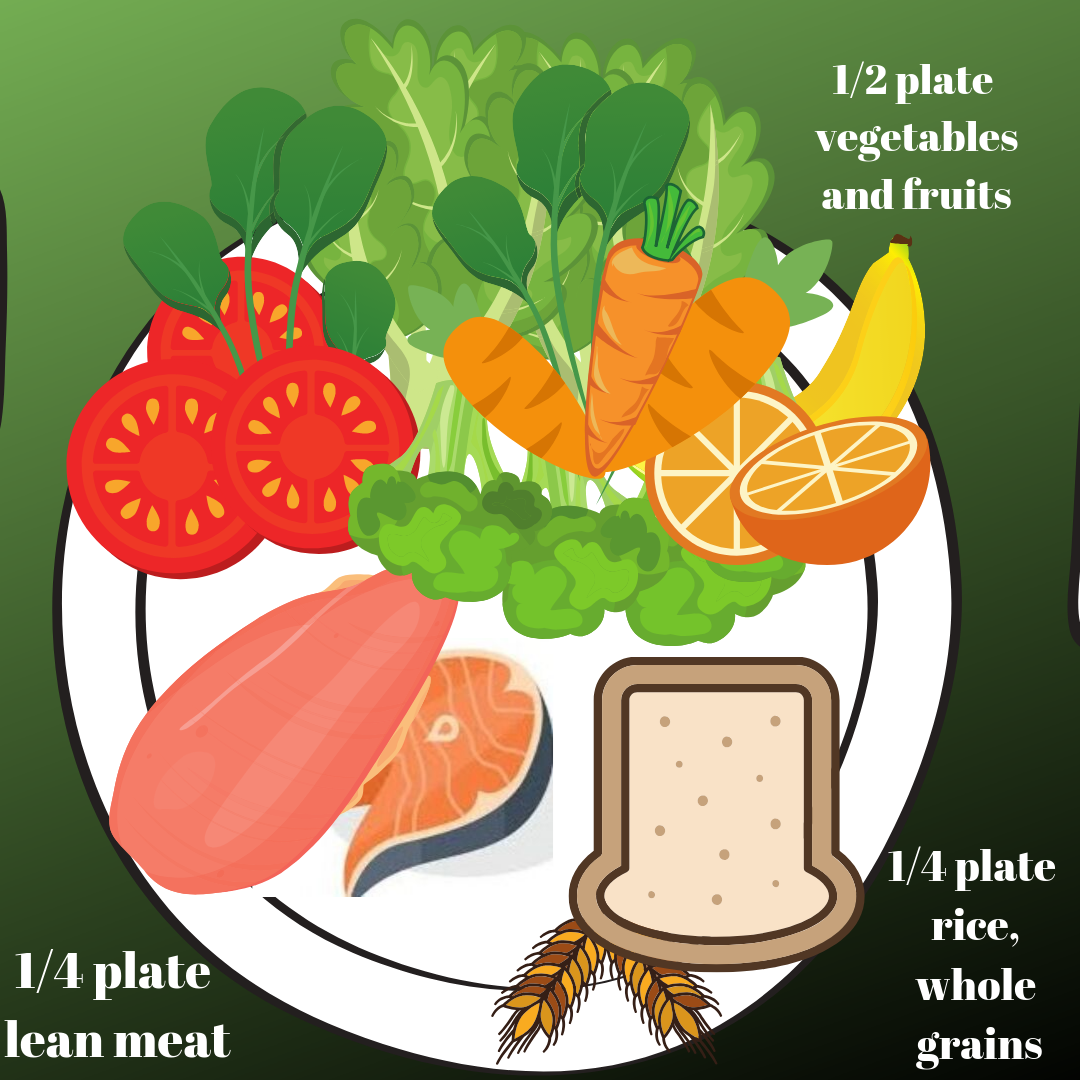By Megan Metropulos, MS, RD, LDN, and Megan Ware, RDN at Medical News Today
Reviewed by Natalie Olsen, RD, LD, ACSM EP-C
Research by scientists has revealed that some foods may have an impact on appetite. These could be beneficial for weight loss when incorporated into a healthful diet and lifestyle. Read on to learn more about seven foods that may be helpful for weight loss.
People should buy nutrient-dense foods if they are trying to lose weight. Foods that provide protein and fiber could be especially helpful for weight management.
One study found that some foods — including fruits, vegetables, nuts, whole grains, and yogurt — were connected with weight loss.
In the same study, potato chips, sugary beverages, red meats, and processed meats were associated with weight gain.
Based on these findings, it may be best to limit fried foods, foods with added sugar, high-fat meats, and processed foods when trying to shift the pounds.
Though the right foods may help, physical activity is essential for losing weight and keeping the pounds off. It is important to check with a doctor before starting any physical activity program.
1. Eggs
Eggs are a popular food, particularly for breakfasts, that may help promote weight loss.
In a small study of 21 men, researchers compared the effects of eating eggs or eating a bagel for breakfast on food intake, hunger, and satisfaction.
They also looked at levels of blood sugar, insulin, and ghrelin, which is also known as the hunger hormone.
They found that men who had eaten the egg breakfast ate significantly less at their next meal, and in the following 24 hours, than those who had eaten the bagel breakfast.
Those who had eaten the eggs also reported feeling less hungry and more satisfied 3 hours after breakfast than those who had eaten the bagel.
After breakfast, the egg group also had less of a change in their blood sugar and insulin levels, as well as lower ghrelin levels than the bagel group.
2. Oatmeal
Starting the day with a bowl of oatmeal could also result in a lower number on the scales.
A study involving 47 adults looked at differences in appetite, fullness, and next meal intake after participants ate oatmeal, as opposed to oat-based ready-to-eat breakfast cereal.
After eating oatmeal, participants felt significantly fuller and less hungry than after eating the cereal. Also, their calorie intake at lunch was lower after eating oatmeal than after eating breakfast cereal.
While both breakfasts contained the same amount of calories, the oatmeal provided more protein, more fiber, and less sugar than the cereal.
The authors concluded that the difference in fiber, specifically a type of soluble fiber called beta-glucan, was probably responsible for the results.
3. Beans, chickpeas, lentils, and peas
As a group, beans, chickpeas, lentils, and peas are known as pulses. They may influence weight loss due to their effect on fullness, as well as their protein and fiber content.
Similarly, to oatmeal, pulses contain soluble fiber that may slow down digestion and absorption. Eating protein leads to the release of hormones that signal fullness.
Researchers analyzed studies that had looked at the effect of the consumption of pulses on weight loss.
Weight loss diets that included pulses resulted in significantly greater weight loss than those that did not. Weight maintenance diets that included pulses also resulted in weight loss compared with those that did not.
4. Nuts
A study involving overweight and obese women compared a weight loss diet supplemented with 50 grams (g) of almonds a day with a weight loss diet that did not include nuts. After 3 months, women in the almond group lost significantly more weight than women in the nut-free group.
Women in the almond group also had much greater reductions in their waist size, body mass index (BMI), total cholesterol, triglycerides, and blood sugar.
Nuts contain protein and fiber, which may help explain their influence on body weight. They also contain heart-healthy fats and other beneficial nutrients. While nuts can be included as part of a healthful diet, moderation is still essential since they are an energy-dense food.
Weight regain is often a concern for individuals after they have lost weight.
In a large study in Europe, researchers found that people who consumed the most nuts gained less weight during a 5-year period than people who did not eat nuts. They also had less risk of becoming overweight or obese.
5. Avocados
Avocados are a fruit that provides fiber and beneficial fats, as well as many other nutrients. They may also help promote weight management.
A study of American adults found that people who consumed avocado weighed significantly less and had a lower BMI than those who did not. People who ate avocado tended to eat more fruits, vegetables, and fiber than people who did not, as well.
The people who ate avocado had an overall healthier diet and consumed significantly less added sugar than those who did not. Similarly, their risk for metabolic syndrome was lower than for those who did not consume avocado.
6. Berries
Fibre has been linked with weight management, and berries tend to be some of the highest-fiber fruits.
One cup of raspberries or blackberries provides 8 g of fiber. Berries can be added to many foods, such as oatmeal, yogurt, or salads.
7. Cruciferous vegetables
Cruciferous vegetables, including broccoli, cauliflower, cabbage, and Brussels sprouts also contain fiber that may be helpful for weight loss.
One cup of cooked Brussels sprouts provides 6 g of fiber, which is 24 percent of the daily value for fiber.



